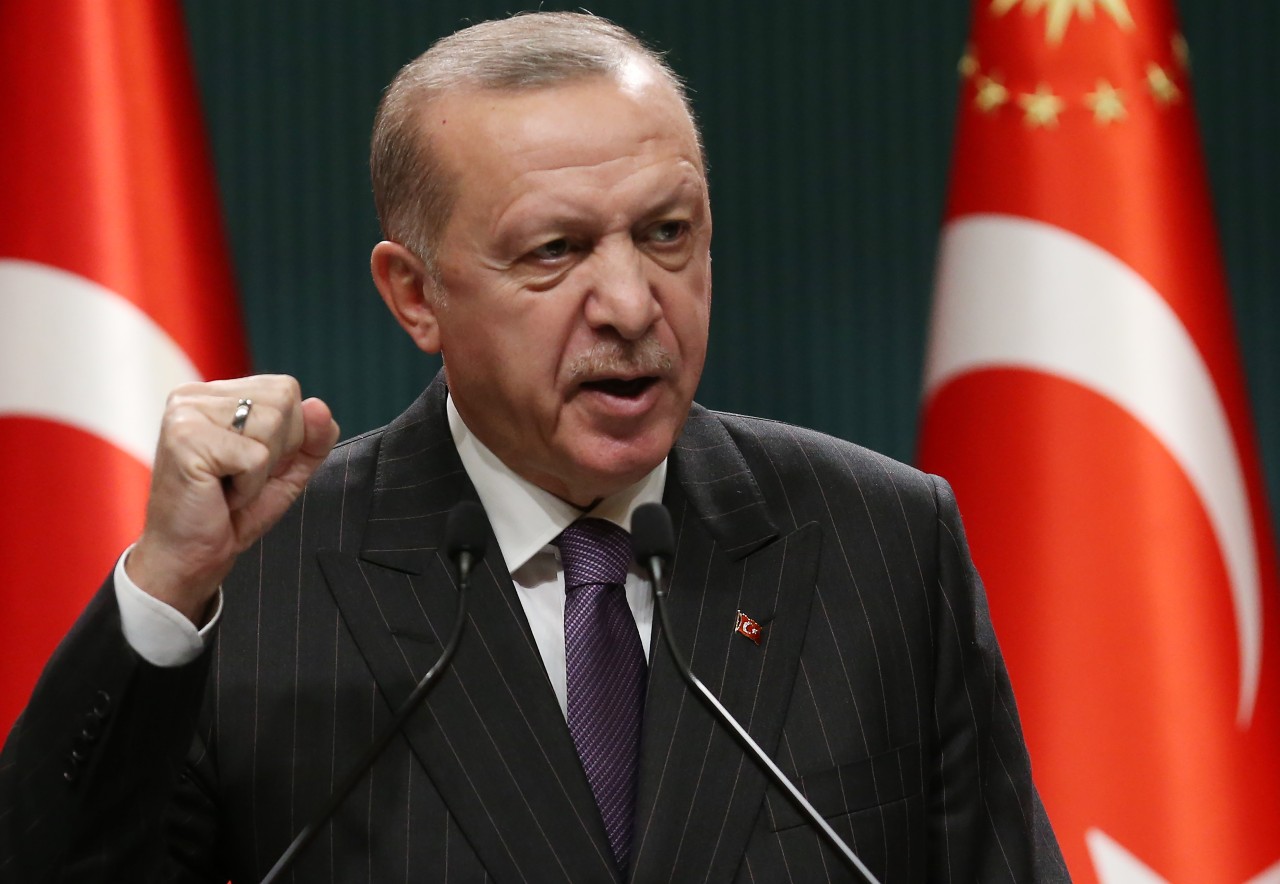A report by Turkey’s main opposition Republican People’s Party (CHP) has revealed that Turkey’s presidential system, which has concentrated power in the person of President Recep Tayyip Erdoğan, has caused serious backsliding in the democratic and economic standards of the country over the last three years, Turkish media reported on Thursday.
Turkey switched from a parliamentary system of governance to an executive presidential system through a referendum in April 2017, granting Erdoğan and his ruling Justice and Development Party (AKP) sweeping powers. The new system was criticized for removing constitutional checks and balances and thus leading to a further weakening of Turkish democracy.
The report, titled “The Three Years of One-man Rule,” which was drafted by Burhanettin Bulut, a CHP lawmaker from the southern province of Adana, revealed through statistical data the increasing deterioration of Turkey’s economy as well as the lack of democracy and the rule of law due to the country’s presidential system launched in July 2018.
Turkey’s economy, which grew an average of 5.8 percent annually in the three years prior to 2018, has recorded economic growth of 1.8 percent annually since the change in the country’s system of governance in 2018, according to the report.
Within the last three years, the country’s gross domestic product (GDP) dropped from $891.8 billion to $717 billion; the GDP per capita declined to $8,599 from $10,694; and the Turkish Central Bank’s (TCMB) net foreign exchange reserves – minus currency swaps – fell to a negative $59 billion from $36 billion, the report also showed.
The lira, which stood at 4.7 against the US dollar in 2018, crashed to 8.5 at its lowest during Erdoğan’s one-man rule, while the TCMB increased the benchmark interest rate, which was only 8 percent in 2018, to as high as 24 percent, in the same period.
The report also showed that Turkey’s unemployment rate rose from 20.7 percent three years ago to 31.1 percent in 2020, with an increase of over 4 million people.
Bulut pointed out the backsliding in democratic standards in Turkey by citing the World Justice Project’s Rule of Law Index, in which Turkey fell from 99th place in 2017 to 107th place in 2020 out of 113 countries, and the Freedom in the World report where the country was moved from the “partly free” category in 2017 to “not free” in 2018 and has remained there in the following years.
“The presidential system has severely damaged Turkey’s economy within the past three years. While one man [Erdoğan] is leading a life of pleasure in the palace, citizens are paying the price for it,” Bulut said, referring to the statistical data revealing the consequences of the country’s current system of governance.



